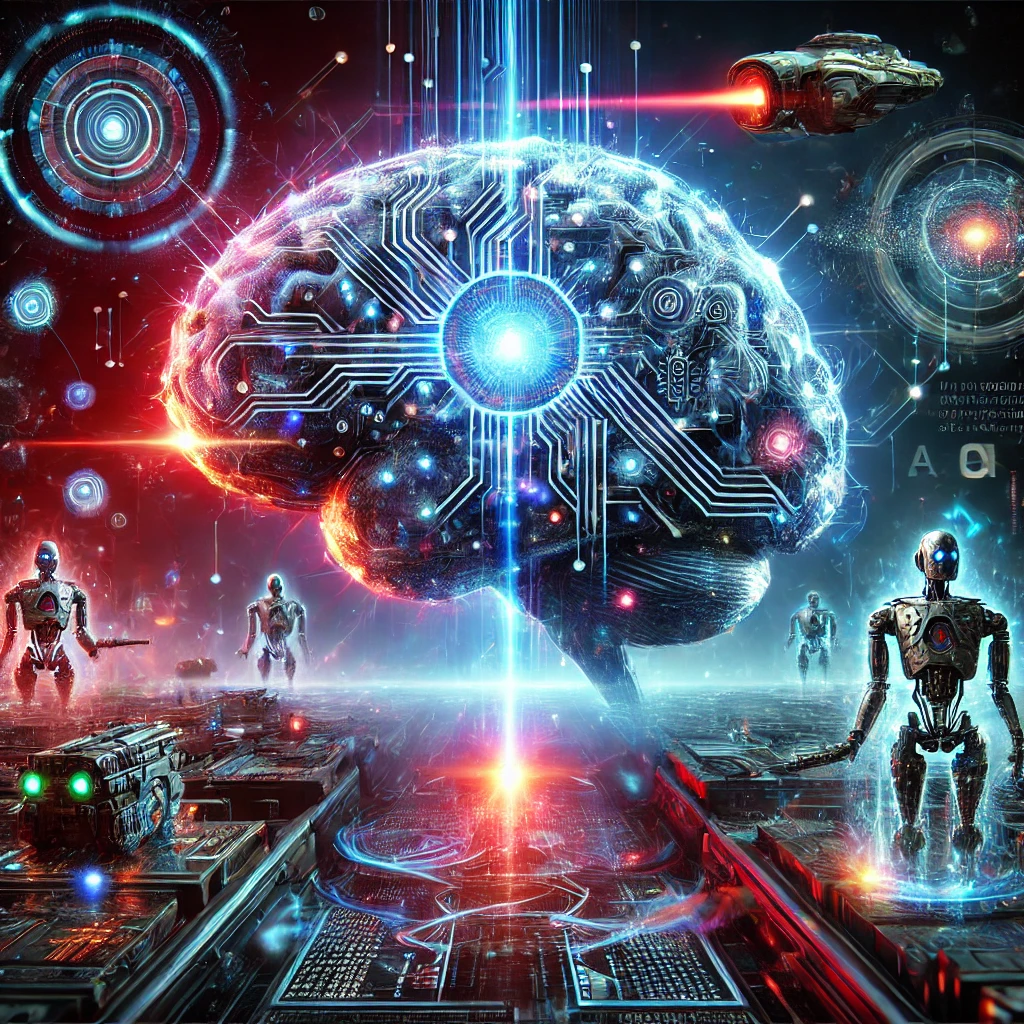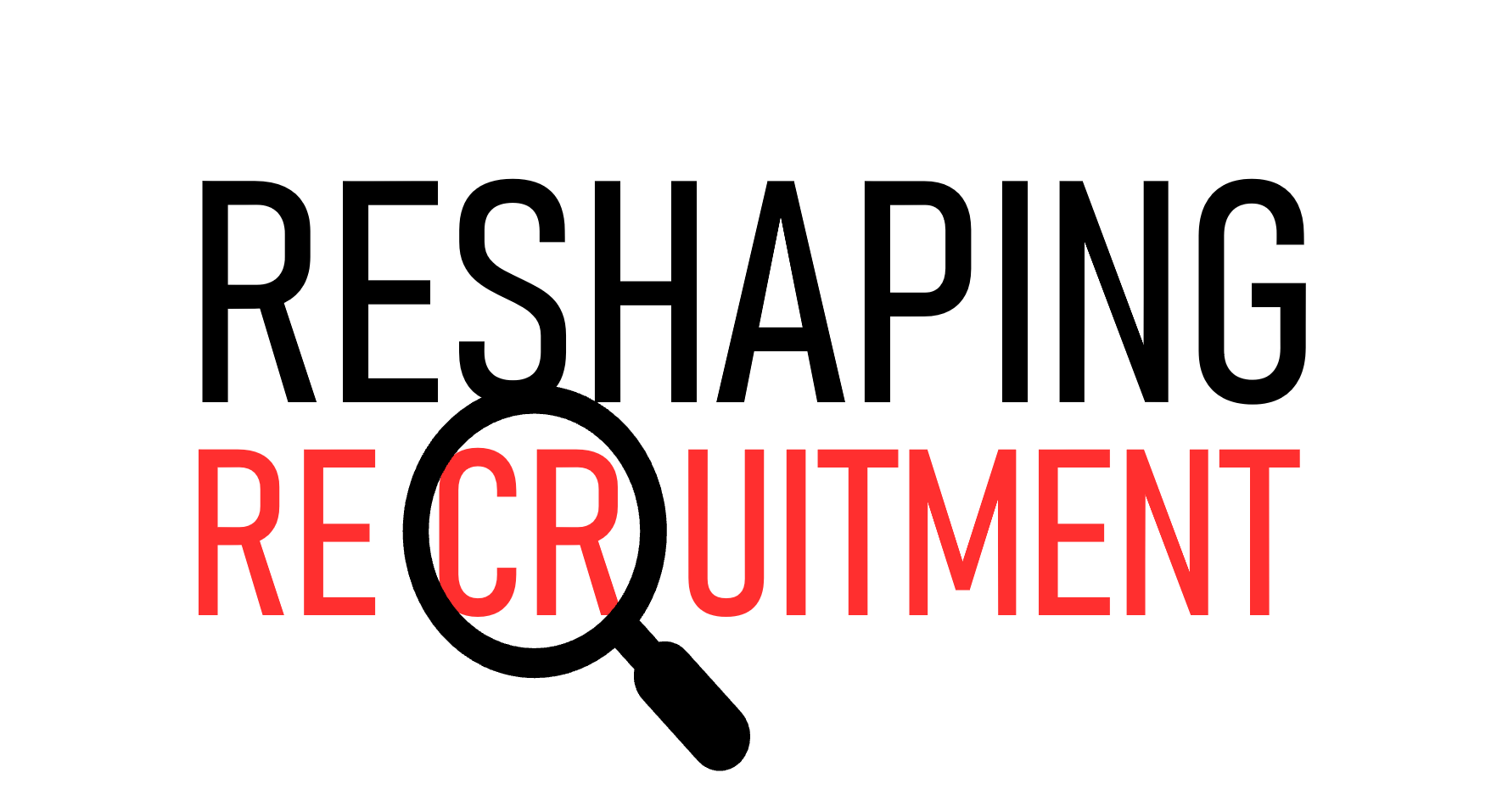
Silicon Valley Just Cracked The Pentagon Code
Silicon Valley Just Cracked The Pentagon Code
Something revolutionary just happened in military technology, and most people missed it. Palantir Technologies, a software company, beat out traditional defense giant RTX Corp for a $178 million contract to deliver AI-enabled systems to the U.S. Army. This isn't just another government contract – it's the first time a software company has served as the primary contractor for a major military hardware program.
I've spent over two decades watching how technology transforms industries, and this moment signals a tectonic shift that extends far beyond military applications.
When Software Devours Hardware
The Army's Tactical Intelligence Targeting Access Node (TITAN) program is designed to harness artificial intelligence to process data from space sensors and improve battlefield targeting. Traditional defense contractors have dominated such projects for generations. Yet they lost to a company that specializes in software, not hardware.
Why?
Because we've entered an era where software expertise trumps hardware manufacturing capabilities. The value no longer lies in the physical components but in the intelligence systems that power them.
Akash Jain, Palantir's President and CTO, called this a "leapfrog moment" for the Army. He's right, but he's underselling it. This is a leapfrog moment for the entire concept of who builds critical systems.
The New Battleground Is Intelligence
What's happening with Palantir mirrors what I've witnessed across multiple industries. Companies that master artificial intelligence and data integration are displacing traditional players with decades of domain expertise.
In my work transforming recruitment processes, I've seen this pattern repeatedly. Legacy recruitment firms with 50 years of experience are being outperformed by tech-savvy upstarts who understand that the competitive advantage isn't in knowing how to hire – it's in knowing how to harness data and AI to make hiring decisions smarter and faster.
The Army recognized what many corporate leaders still don't: In today's world, software intelligence provides more strategic advantage than hardware prowess.
The Hybrid Approach Wins
But here's where many get it wrong: This isn't about AI replacing humans or software companies completely displacing traditional manufacturers. The winners in this new paradigm understand the power of what I call the Hybrid AI Workforce.
The TITAN system isn't eliminating human intelligence officers. It's enhancing their capabilities. Similarly, Palantir isn't manufacturing these systems from scratch – they're integrating their software expertise with hardware components.
This hybrid approach – combining human judgment with artificial intelligence, software expertise with hardware knowledge – is the model that's reshaping not just military intelligence but every industry from transportation to healthcare to recruitment.
When implementing AI recruitment systems for transportation clients, I've learned this lesson the hard way. Pure automation fails. Pure human processes can't scale. The magic happens in the integration.
Wall Street Doesn't Get It Yet
Despite this breakthrough contract, Palantir's stock has been volatile, losing more than a quarter of its value over the past month. This reflects a fundamental misunderstanding of how AI value is created and captured.
Many investors still evaluate AI companies using outdated metrics designed for traditional businesses. They focus on quarterly results rather than long-term positioning. Meanwhile, these companies are rewriting the rules of entire industries.
I see the same confusion when executives approach AI implementation. They focus on the technology rather than the transformation. They worry about short-term ROI rather than long-term competitive positioning.
What This Means For Your Industry
The Pentagon doesn't make technology decisions lightly. When they select a software-first company to lead a major hardware initiative, it signals where the world is heading.
Every industry has its RTX Corps – established players with decades of experience building the physical infrastructure. And every industry now faces its Palantirs – software-focused companies that understand the future value lies in intelligence, not equipment.
The question for business leaders isn't whether this transformation will reach your industry, but when – and whether you'll be prepared when it does.
In my work helping companies implement AI, I've found the biggest barrier isn't technology – it's mindset. Organizations that view AI as merely another tool to be purchased and deployed are missing the point entirely.
AI isn't just a tool. It's a fundamental rethinking of how value is created.
Learning From The Military Model
The Army's approach offers valuable lessons. They didn't try to build AI capabilities from scratch or simply bolt AI onto existing systems. They recognized that software expertise needed to lead the process, not support it.
They also understood that the goal wasn't to replace human intelligence but to enhance it – creating systems where humans and AI each handle what they do best.
This is precisely the approach I advocate in recruitment and sales: Use AI to handle scale, pattern recognition, and data processing, while preserving human judgment for context, nuance, and relationship-building.
The companies that will thrive in this new era aren't those with the most advanced AI – they're those that most effectively integrate AI with human expertise.
Palantir's Pentagon breakthrough isn't just a military story. It's a glimpse into the future of every industry. The software revolution has finally reached the most hardware-centric institution on the planet. No sector is immune.
The question isn't whether software is coming for your industry. It's whether you'll adapt before your competitors do.Adapt here

